Is SIBO The Cause Of Your IBS?

IBS is no picnic. If you suffer from IBS (Irritable Bowel Syndrome), you know how unpleasant it can be. You live with the constant and chronic problems that people who don’t have IBS can’t even imagine, such as nausea, bloating, vomiting, diarrhea, joint pain and fatigue. Yep, IBS can cramp your lifestyle, that’s for sure.
But did you know that your symptoms may be caused by a little-known something called SIBO? To learn more about SIBO, and its connection with your IBS, we need to go to the gut of the problem (pardon the pun). That’s right, your small intestine, a 20-foot pathway that connects your stomach to your colon. It’s responsible for doing two pretty important things: digesting food and absorbing nutrients from your food. It’s also part of your immune system and helps fight off infection.
Your small intestine normally houses some friendly and helpful bacteria (though not as much as you’d find in your colon). It also houses some not-so-good bacteria, which doesn’t cause problems, as long as the good and bad bacteria are in balance. And this is where the problem often arises.
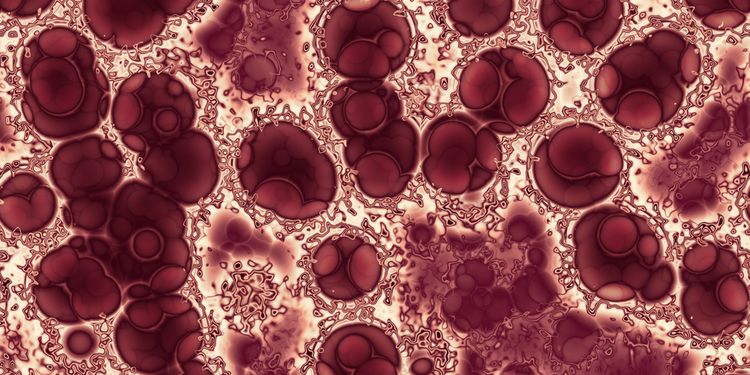
What Exactly is SIBO?
While it sounds like a trendy new entree at your local sushi restaurant, SIBO is actually a chronic condition. SIBO stands for “small intestinal bacterial overgrowth.” It may be that you have too many of the bad bacteria that normally live in your small intestine or an abundance of bacteria that should normally only be found in your colon. Either way, when you have SIBO, your gut is out of balance, allowing the bad bacteria to take over and causing some unpleasant problems. Because your small intestine is where your body does the majority of your digestion and absorption of nutrients, SIBO can interfere with normal digestion and lead to nutritional deficiencies and other nastiness.
According to Dr. Amy Myers, bad bacteria in your gut can come in three forms:1
- Some bad bacteria thrive on the refined carbs you eat, breaking them down into short-chain fatty acids and leading to bloating and gas. If you look six months pregnant after a meal, you’ve experienced this.
- Bad bacteria interrupts your body’s breakdown of fats (by interfering with bile salts), leading to malabsorption and diarrhea.
- Bad bacteria produces toxins that are harmful to your intestinal lining, leading to digestion and absorption problems. Further complications may develop, including “leaky gut,” inflammation and autoimmune reactions.2
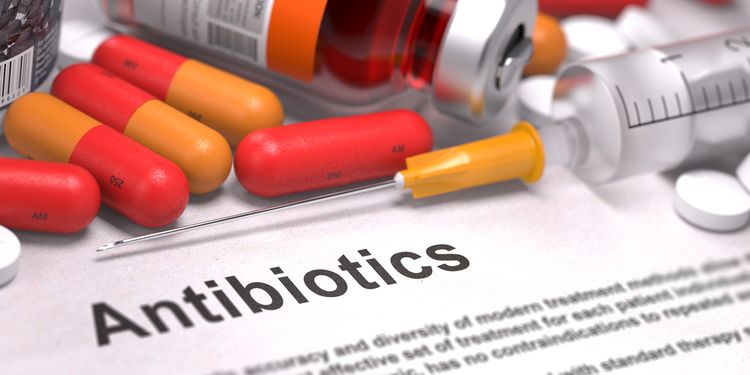
Causes of SIBO
There are a number of conditions or behaviors that can play a role in triggering SIBO:
A diet high in refined carbs and sugar: Dr. Amy Myers notes that a diet high in refined carbs, sugar and alcohol is the leading cause of SIBO in the cases she sees. These are the sorts of foods that bad bacteria love to feed on.
Alcohol: It’s been known for a long time that heavy alcohol use can lead to SIBO. But surprising study results show that even moderate alcohol consumption can have an effect.14 As little as one drink for women or two drinks for men (per day) can damage the intestinal lining, affect the muscle contractions and feed bad bacteria.
The use of certain medications: Any medications that disrupt the balance of your gut bacteria can contribute to SIBO. Some of the main culprits here are antibiotics, which work by killing off bacteria, both good and bad. This can upset the delicate balance of bacteria in your small intestine. Other medications that can lead to SIBO include immunosuppressants, such as steroids, acid-blocking drugs/proton pump inhibitors, and birth control pills.9
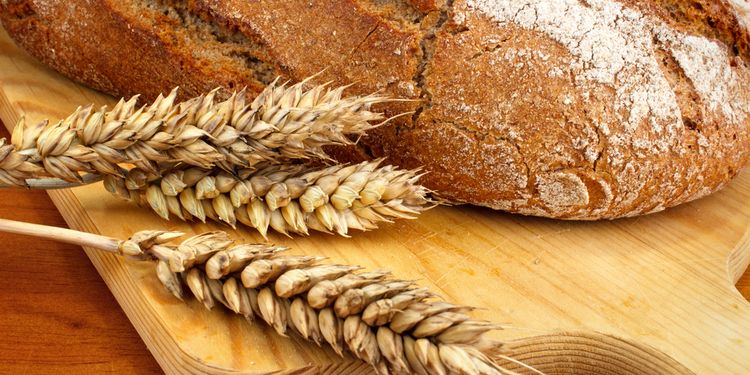
Celiac disease: A majority of Celiac patients tested positive for bacterial overgrowth, even while remaining strictly gluten-free, in a recent study.
Diabetes & Scleroderma: Diabetes and scleroderma can damage the function of the muscles and nerves in your gut, slowing down the movement of food (and bacteria) out of the small intestine.3 This link was dramatically demonstrated in a study showing that 43% of chronic diabetics had SIBO.
Physical obstructions in the small intestines: Things like scarring (from surgery or Crohn’s disease), diverticulitis, or blind loop syndrome can also interfere with the normal passage of food through the small intestine. In blind loop syndrome, a portion of the small intestine forms a loop, forcing food to bypass part of the gut and slowing digestion down.4

Aging: Your body will slow down as you age, and along with it your digestion will too. In fact, otherwise healthy adults over 61 have a 15% chance of having SIBO, versus a 6% chance in the under-60 crowd.7
Rosacea: While not a cause of SIBO, this skin condition that causes red rashes on the face may be linked to SIBO. An Italian study found people who suffered from rosacea had a much greater likelihood of also suffering from SIBO. The treatment of SIBO in these patients also cleared up the rosacea.15
What if Your SIBO Remains Untreated?
The biggest risks involve nutritional deficiencies. Since the bacteria interfere with your body’s absorption of vitamins and minerals, the longer you go without treatment, the greater your risk of developing serious deficiencies. The most likely deficiencies and associated problems include:
- Iron deficiency: anemia and fatigue
- Calcium deficiency: bone density loss and weakness
- Deficiency in the fat soluble vitamins A, D, E and K
- Vitamin B12 deficiency: megaloblastic anemia and permanent nerve damage
These deficiencies shouldn’t be ignored. You need to start treatment early to avoid the long-term effects of these deficiencies.
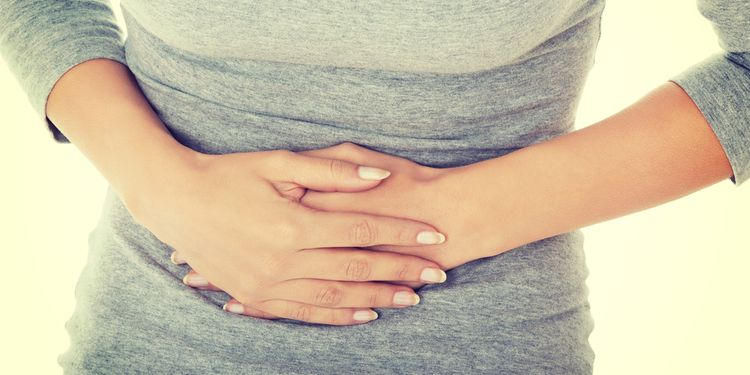
So… Do You Have SIBO?
How do you know if you have SIBO? Well, the symptoms of SIBO are similar to those of IBS:
- Gas, belching & bloating
- Nausea & Vomiting
- Diarrhea
- Constipation (though this is not as common as diarrhea)
- Abdominal pain, cramping or discomfort
- Malnutrition, including fat malabsorption, B12 deficiency & other vitamin/mineral deficiencies
- Weight loss
- Joint pain
- Chronic fatigue
- Rosacea
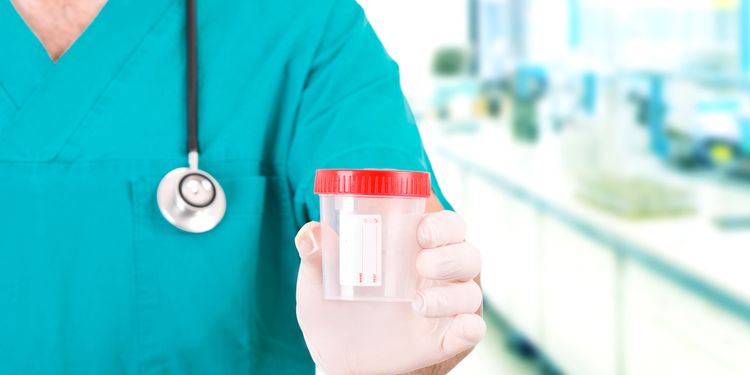
Other general symptoms include: rash, acne, eczema, asthma & depression.
So, is there a definitive test that proves your symptoms are being caused by bacterial overgrowth? In addition to looking at your overall history and symptoms, Dr. Amy Myers mentions three tests that can help you pinpoint a diagnosis:10
- Breath Test: After fasting for 12 hours, you breathe into a balloon, then swallow a specific amount of sugar, and breathe into the balloon again. You repeat these breaths every fifteen minutes for three or more hours. It’s an inconvenient test but is the “gold standard,” according to Dr. Myers.
- Organix Dysbiosis Test: This tests your urine for evidence of certain bacterial or yeast by-products in your small intestine.
- Comprehensive Stool Test: A stool test looks at the gut flora of your large intestines, but can provide some clues as to what’s going on in your small intestine, as well.
If your symptoms and tests indicate SIBO, you may want to explore treatment options. Failure to do so may cause painful long-term complications.
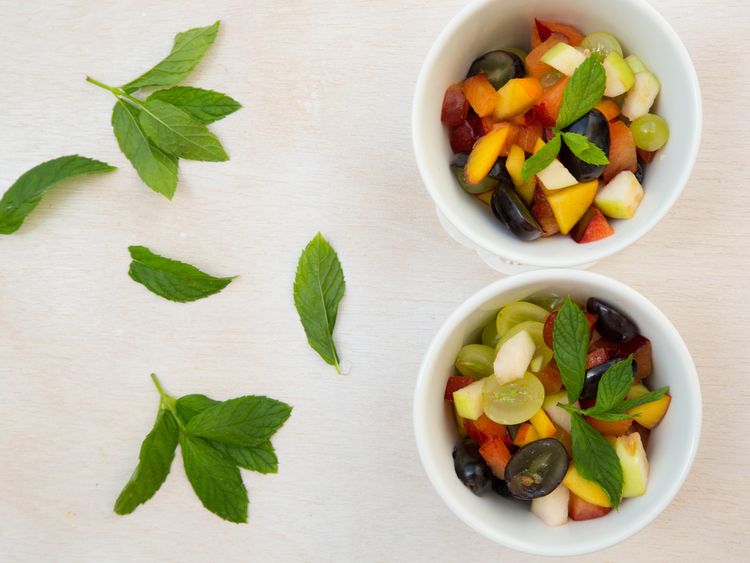
How Do You Treat SIBO?
While the actual bacterial overgrowth is often treated with antibiotics, such as rifaxim or Xifaxan, this doesn’t address the underlying causes, which may require long-term treatment on several fronts to keep SIBO from recurring.
SIBO is a chronic condition that requires putting several pieces together as part of the treatment puzzle. The first piece of that puzzle – and a major piece, since we are talking about your digestive system here – is diet.
Diet: In general, you want to switch to a diet that’s low in the refined carbohydrates and sugars that bacteria love. You also want to modify your diet to address nutritional deficiencies caused by SIBO and also to help speed food along your digestive tract so that bacteria have a better chance of being killed off by your stomach acid. Let’s look at how some dietary changes can help you be SIBO-free.
Smaller meals: Dr. Josh Axe recommends eating smaller meals more often, ideally 5-6 small meals spread throughout the day.11 This allows you to digest foods more quickly and easily, which is key in treating SIBO.
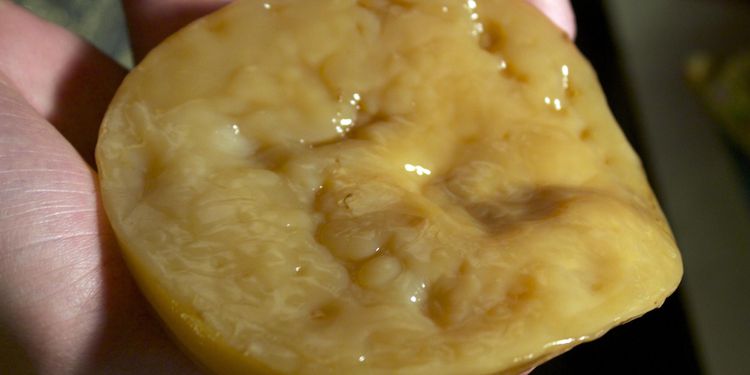
Probiotics and Probiotic-Rich Foods: Taking probiotic supplements and eating probiotic-containing foods (such as raw dairy yogurt, fermented vegetables, kombucha, and natto) help your body replenish the good bacteria in your small intestine. In one study, 82% of the patients who received probiotics reported relief of their symptoms, compared to only 52% of the patients who only got antibiotics.13
Dr. Axe also recommends a one-two punch when it comes to changing your diet: A 2-week elimination diet (FODMAPs diet) followed by a long-term diet plan designed to heal and rebalance your gut (GAPS diet).12
2-Week FODMAPs Elimination Diet: The first punch, in our one-two punch to knock out bacteria, is the FODMAPS elimination diet.
FODMAPs are foods that aren’t fully broken down by the body. Instead, the undigested portions sit and ferment in your gut, feeding the bacterial overgrowth. In order to fight the bacteria, you want to cut off their food supply first. You do this by avoiding several funny-sounding sugars found in foods you often consume including:
Fructose: found in fruits, fruit juice, honey, high-fructose corn syrup and processed food (such as cereals, bread and pastries).

Lactose: present in dairy products.
Fructans: present in wheat, garlic, onion, asparagus, leeks, artichokes, broccoli and cabbage.
Galactans: found in legumes (think: beans, peas, peanuts), cabbage, brussel sprouts and soy.
Polyols: sugars found in sugar-free gum, mints and some medications, with names such as sorbitol, isomalt, lactitol, maltitol, xylitol and erythritol.
While it looks like you have to give up a lot of foods on the FODMAPs diet, there are a lot of healthy foods you can still eat: wild-caught salmon and tuna, grass-fed meats, free-range chicken and eggs, and almond or coconut milk. For vegetables, you can eat leafy greens, carrots, squash, tomatoes and cucumbers to your heart’s content. And not all fruits are off-limits; you can still have bananas, berries, grapes, pineapple and melons. For grains, quinoa is an excellent choice. If you’re craving a PB and J sandwich, you can always have sprouted nut butters. And remember, this is only for two weeks.
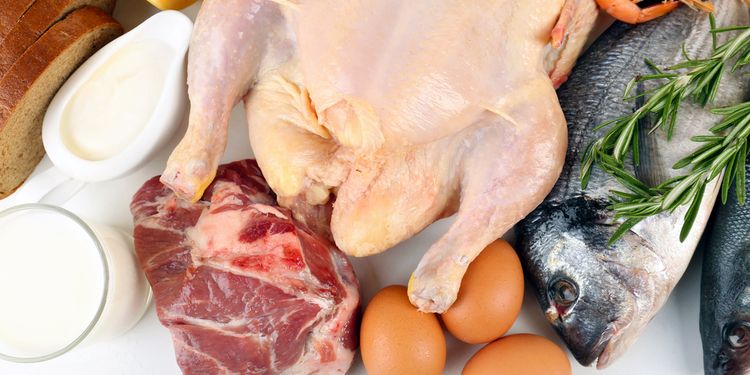
GAPS Diet: Our second punch in the bacterial overgrowth knockout is a GAPS diet plan.
This diet focuses on healing your gut and balancing the bacteria in your body. You need to continue to avoid grains, processed foods and sugars, starchy foods, and non-organic dairy and meats. So what must you add to your diet? A few foods that will help heal your gut: bone broth, organic coconut oil or ghee (for cooking), fruit (only in between meals), probiotic-rich foods (fermented vegetables, kombucha, natto, raw fermented dairy, sauerkraut juice).
There’s a lot of information out there on the full GAPS diet. If you follow your 2-week FODMAPs Elimination Diet with a long-term GAPS Diet, your body should be well on its way to recovering from SIBO.

Supplements: These are important for making up the nutritional deficiencies that SIBO has caused. You’ll want to take the Recommended Daily Allowance (RDA) of each of the following:
- Vitamin B12
- Vitamin D
- Vitamin K
- Iron
- Zinc
In addition to vitamins and minerals, you’ll want to be sure to supplement with the following, to help heal your gut and aid your digestion.
- Probiotics (mentioned earlier)
- Digestive Enzymes
Essential Oils: Along with diet and supplements, the third piece of the treatment puzzle is essential oils. While not necessarily treating the bacterial overgrowth, essential oils such as peppermint oil have been known to ease the symptoms of IBS. Other essential oils may ease bloating and gas. These oils include oregano, tarragon, frankincense and clove oils. Add a drop or two to a glass of water and drink it just before eating. Always make sure your essential oils are of food-grade quality.

Lifestyle: Aside from being more mindful of how you eat (smaller meals, chewing thoroughly) and drinking plenty of water, you want to be sure to manage stress. Practices such as Yoga, Tai Chi, acupuncture and exercise can help you reduce stress, allowing your body to heal.
If you put all the pieces of the puzzle together, staying on track with diet, supplements, essential oils, and lifestyle changes, you’ll have the best chance of beating SIBO and helping your body heal. Invest your time and resources in your recovery!
